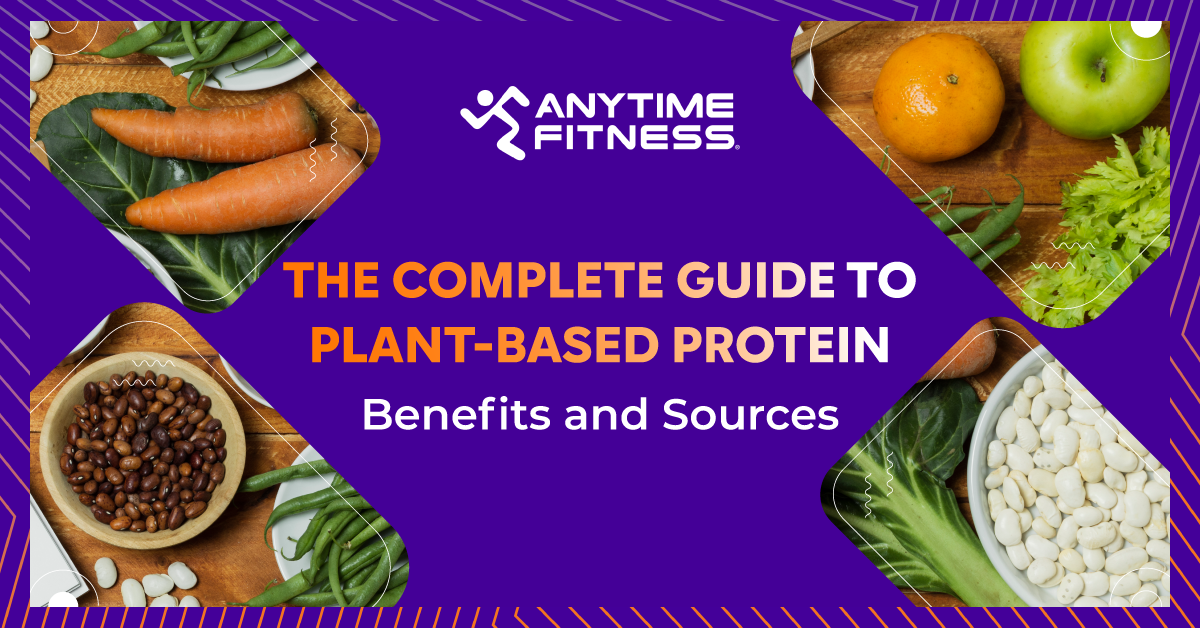 The Complete Guide to Plant-Based Protein: Benefits and Sources
The Complete Guide to Plant-Based Protein: Benefits and Sources Protein is essentially found in our body, in muscle, bone, skin, hair, and other tissues. These are essentials that help our body move, carry oxygen to the blood, make enzymes, and much more. If we talk theoretically, protein is made up of amino acids, which are chemical building blocks that are linked to each other in long chains. There are said to be 20 different types of amino acids that can be joined together to make a protein.
In recent years, we have seen people include more protein in their diet, making it healthier for their bodies. It is said to be that protein is necessary for every cell of our body. It helps in nourishing nails, hair, bones, and muscles. Further, protein can also help us feel fuller longer than eating foods without protein. So, it brings a win-win situation for all of us. Some of the food that are rich sources of protein are meat, eggs, and milk, as well as soy and quinoa, which are called complete proteins. On the other hand, there are vegan protein sources available, let’s shed light on those!
Plant-based protein is in demand these days, and the reason being is the benefits that it brings. As mentioned, plant protein is a meaningful source of protein usually extracted from plants. Exclusively retrieved from plants, some usual plant-based protein sources are seeds, nuts, tofu, peas, grains, and pulses – which are a large group of plants that give beans (such as pinto, black, and kidney beans), chickpeas, lentils, and split peas.
It is worth mentioning that plant-based protein provides a wealth of essential nutrients than animal-based protein, which are basically meat, poultry, and dairy products. From chickpeas and lentils to quinoa and whole lots of seeds, the diversity of plant-based protein sources is extensive and provides ample opportunities for creating a balanced and nutrient-rich diet.
Opting for plant-based protein is a personal choice as it supports sustainable food production practices. Along with this, it reduces the carbon footprint pertaining to animal agriculture, making it a more environmentally friendly dietary option. Furthermore, there are other benefits of consuming vegan protein sources, let us highlight those!
The universal truth is that plant protein is rich in fiber, which is an amazing help for losing weight, reducing cholesterol level, and even it helps in regulating the sugar level in our body.
Further, vegan protein powder is something that keeps you fuller for a longer time.
Plant-based protein provides various gluten-free and allergy-free options. Some of the gluten-free plant protein sources are brown rice, chia seeds, hemp seeds, etc.
It has also been noticed that some whey protein powder causes allergies or bloating, however, vegan protein powder is lactose-free, reaction-free, and is most importantly, is a great option for those with diet restrictions.